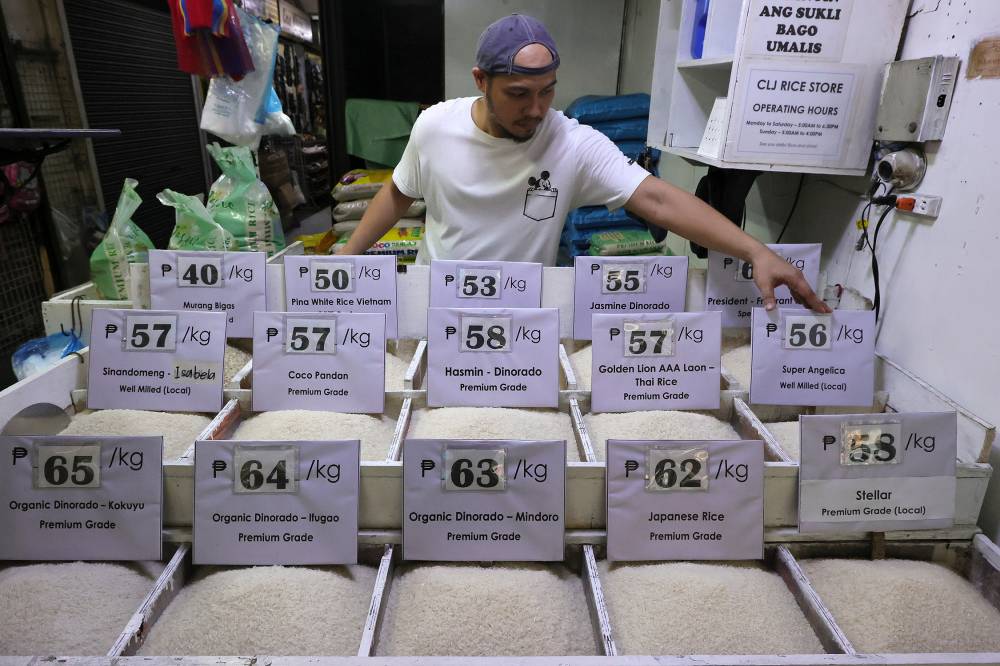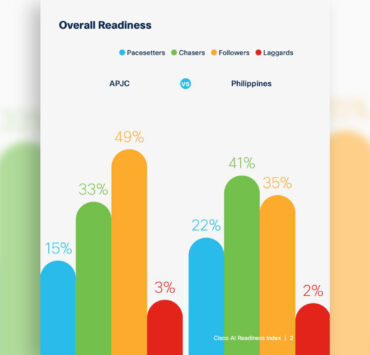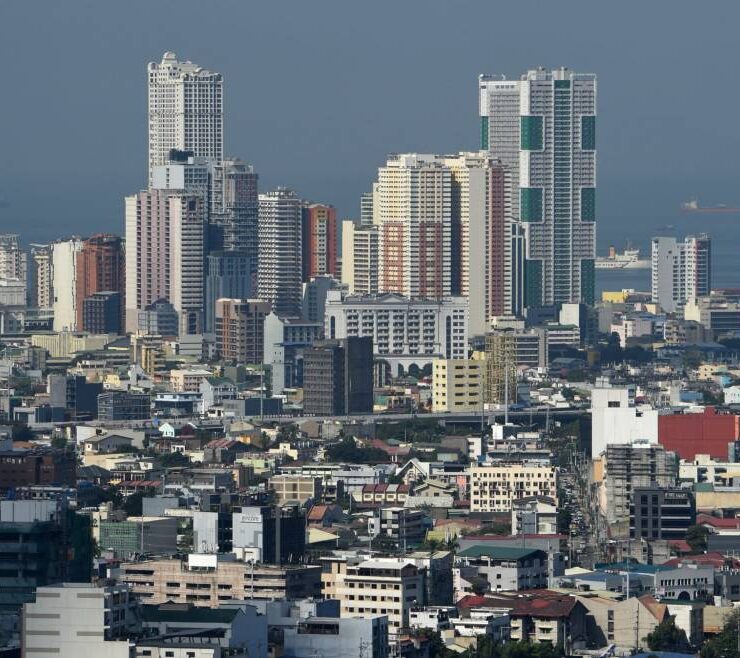PH rice imports hit record high

Philippine rice imports are inching closer to the 4-million metric ton (MT) mark, already surpassing a previous record achieved in 2022, as a confluence of typhoons and El Niño dry spell phenomenon slashed local production.
This year through Nov. 7, the country imported 3.896 million MT of rice, with nearly 80 percent coming from Vietnam, according to the Bureau of Plant Industry. It already breached the record-high import volume of 3.83 million MT in 2022 and surpassed last year’s figure of 3.6 million MT.
Likewise, the latest figure was just about a million metric ton away from the US Department of Agriculture’s rice import projection of 5 million MT this year, but moving closer to the 4.2-million-MT overseas purchase requirement estimated by the Department of Agriculture (DA).
In October alone, traders bought 533,298.49 MT of rice from various overseas sources, surging by more than twofold from the 163,217.40 MT in the same period last year.
Vietnam delivered 3.04 million MT of rice, representing 78.1 percent of total, while Thailand shipped 497,465.78 MT. Pakistan and Myanmar, meanwhile, provided 178,179.48 MT and 143,364.75 MT of rice, respectively. India, which had resumed rice exports recently, exported 22,108.08 MT.
Late surge
After a slowdown in overseas purchases early this year due to uncertainties over rice tariffs, the volume has risen between July and October.
The DA previously explained that traders were in a wait-and-see mode as they awaited the Supreme Court’s decision on a petition to halt the imposition of reduced import duties on different food items.
However, the high court has not stopped the implementation of Executive Order (EO) 62, which lowered the tariff rates on some agricultural imports such as rice.
However, it asked the government, through the Office of the Solicitor General, to comment on the petition filed by several agricultural groups to nullify the EO. The DA said last month that the adverse weather conditions had weighed down the production of palay, which accounts for more than half of the value of agriculture output.
According to the Philippine Statistics Authority, palay output totaled 3.33 million MT in the July to September period, down by 12.3 percent from 3.8 million MT a year ago.
“The July to September 2024 palay production was the lowest production recorded for the quarter since 2019,” its report noted.
Meanwhile, Pakistan expressed its willingness to export some of its surplus rice to the Philippines.
“We want to increase that share, provided we can also provide the stable good supply of rice and that depends on mutual concessions for each other, which means that the Philippines should guarantee us that they want this much rice every year,” Pakistani Ambassador to the Philippines Imtiaz Kazi said.
He said Pakistan currently accounted for about 6 percent of Philippine rice imports. He added that traders from Pakistan were seeking “stability and certainty” on the quantity of its exports, as well as the import duties, noting the fluctuating tariffs levied by the government and competitive global prices.
“Once it is done, we have the option to convert our sugarcane and cotton fields back to rice,” he told reporters.





















